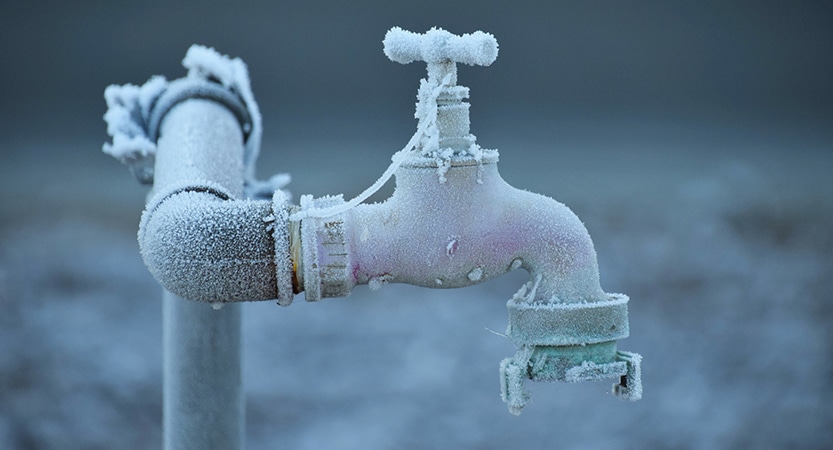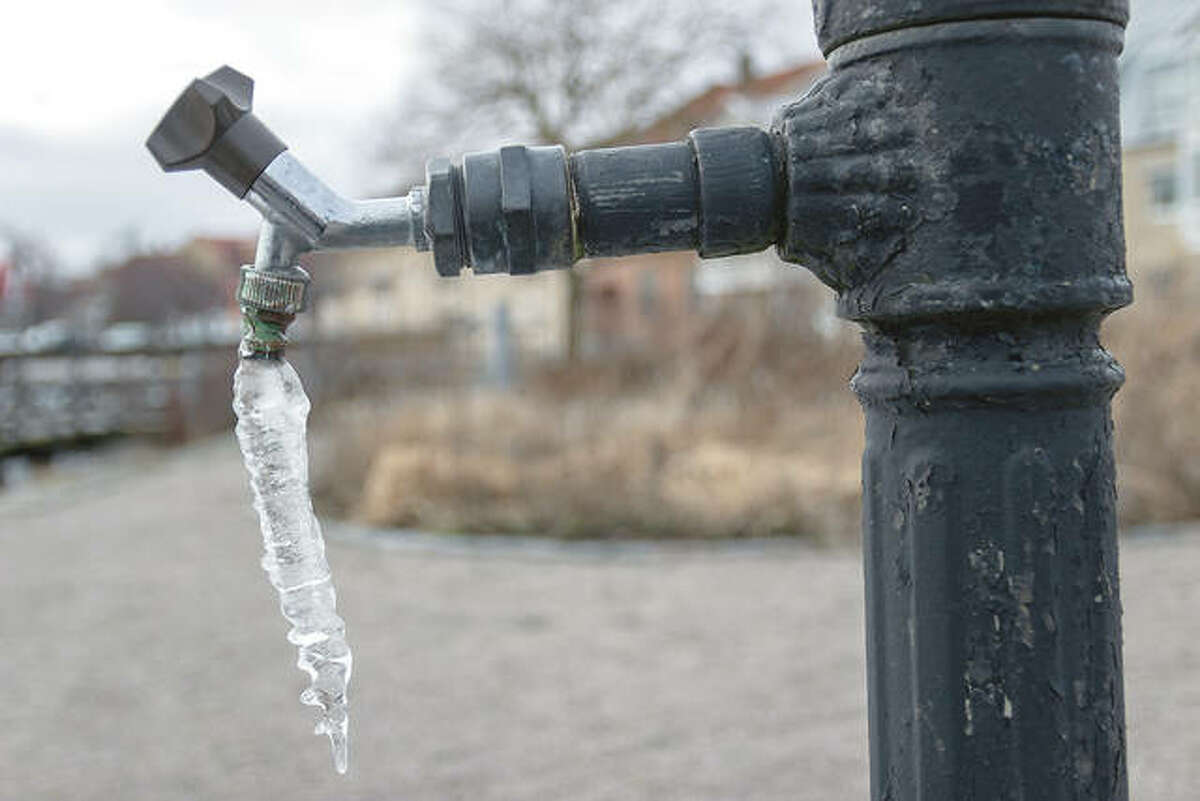Avoiding Your Pipes from Cold Weather: Top Tips
Avoiding Your Pipes from Cold Weather: Top Tips
Blog Article
In this article further down you can find some reliable guidance around How To Avoid Freezing Pipes.

Winter can wreak havoc on your plumbing, specifically by freezing pipes. Here's how to avoid it from occurring and what to do if it does.
Intro
As temperatures drop, the danger of icy pipelines boosts, possibly bring about expensive repair services and water damage. Recognizing how to stop frozen pipes is vital for house owners in cool climates.
Avoidance Tips
Shielding vulnerable pipes
Wrap pipes in insulation sleeves or make use of warmth tape to secure them from freezing temperature levels. Focus on pipelines in unheated or exterior areas of the home.
Heating techniques
Keep indoor spaces adequately warmed, particularly locations with pipes. Open up closet doors to allow warm air to flow around pipes under sinks.
Just how to recognize frozen pipes
Seek reduced water circulation from faucets, unusual odors or noises from pipelines, and visible frost on subjected pipelines.
Long-Term Solutions
Architectural adjustments
Take into consideration rerouting pipes away from exterior wall surfaces or unheated locations. Include additional insulation to attics, basements, and crawl spaces.
Updating insulation
Purchase top notch insulation for pipes, attics, and walls. Appropriate insulation assists keep consistent temperature levels and minimizes the risk of frozen pipes.
Shielding Exterior Plumbing
Garden pipes and outdoor faucets
Detach and drain pipes yard pipes before winter season. Mount frost-proof faucets or cover outside taps with shielded caps.
Understanding Icy Pipelines
What causes pipes to ice up?
Pipelines freeze when revealed to temperatures listed below 32 ° F (0 ° C) for extended periods. As water inside the pipelines freezes, it increases, taxing the pipe wall surfaces and possibly causing them to break.
Dangers and problems
Frozen pipes can bring about water interruptions, building damage, and expensive repair work. Burst pipelines can flood homes and trigger extensive structural damage.
Signs of Frozen Piping
Identifying frozen pipes early can prevent them from breaking.
What to Do If Your Pipes Freeze
Immediate activities to take
If you presume frozen pipelines, maintain taps available to eliminate stress as the ice thaws. Use a hairdryer or towels soaked in warm water to thaw pipes gradually.
Conclusion
Stopping icy pipelines needs positive procedures and fast actions. By recognizing the reasons, indications, and preventive measures, homeowners can secure their plumbing during winter.
Helpful Tips to Prevent Frozen Pipes this Winter
UNDERSTANDING THE BASICS: WHY PIPES FREEZE AND WHY IT’S A PROBLEM
Water freezing inside pipes is common during the winter months, but understanding why pipes freeze, and the potential problems it can cause is crucial in preventing such incidents. This section will delve into the basics of why pipes freeze and the associated problems that may arise.
THE SCIENCE BEHIND FROZEN PIPES
When water reaches freezing temperatures, it undergoes a physical transformation and solidifies into ice. This expansion of water as it freezes is the primary reason pipes can burst. As the water inside the pipe freezes, it expands, creating immense pressure on the walls. If the pressure becomes too great, the pipe can crack or rupture, leading to leaks and water damage.
FACTORS THAT CONTRIBUTE TO PIPE FREEZING
Low Temperatures: Extremely cold weather, especially below freezing, increases the risk of pipes freezing. Uninsulated or Poorly Insulated Pipes: Pipes located in unheated areas, such as basements, crawl spaces, or attics, are more prone to freezing. Insufficient insulation or lack of insulation altogether exacerbates the problem. Exterior Wall Exposure: Pipes running along exterior walls are susceptible to freezing as they encounter colder temperatures outside. Lack of Heating or Temperature Regulation: Inadequate heating or inconsistent temperature control in your home can contribute to frozen pipes. PROBLEMS CAUSED BY FROZEN PIPES
- Pipe Bursting: As mentioned earlier, the expansion of water as it freezes can cause pipes to burst, resulting in significant water damage.
- Water Damage: When pipes burst, it can lead to flooding and water damage to your property, including walls, ceilings, flooring, and personal belongings.
- Structural Damage: Prolonged exposure to water from burst pipes can compromise the structural integrity of your home, leading to costly repairs.
- Mold and Mildew Growth: Excess moisture from water damage can create a favorable environment for mold and mildew growth, posing health risks to occupants.
- Disrupted Water Supply: Frozen pipes can also result in a complete or partial loss of water supply until the issue is resolved.
WHY CERTAIN PIPES ARE MORE PRONE TO FREEZING
- Location: Pipes located in unheated or poorly insulated areas, such as basements, crawl spaces, attics, or exterior walls, are at higher risk of freezing.
- Exterior Pipes: Outdoor pipes, such as those used for irrigation or exposed plumbing, are particularly vulnerable to freezing as they are directly exposed to the elements.
- Supply Lines: Pipes that carry water from the main water supply into your home, including the main water line, are critical to protect as freezing in these lines can affect your entire plumbing system.
- Underground Pipes: Pipes buried underground, such as those connected to sprinkler systems or outdoor faucets, can be susceptible to freezing if not properly insulated.
https://busybusy.com/blog/helpful-tips-to-prevent-frozen-pipes-this-winter/

I stumbled upon that post on How to Prevent Your Pipes From Freezing while surfing around the internet. Loved our blog posting? Please quickly share it. Let other people check it out. Thank-you for your time spent reading it.
Visit Report this page